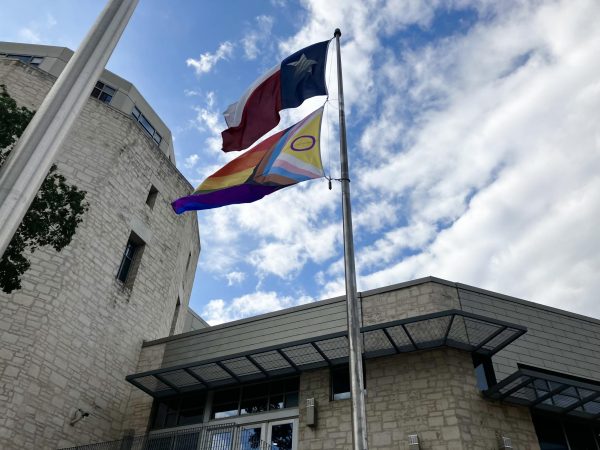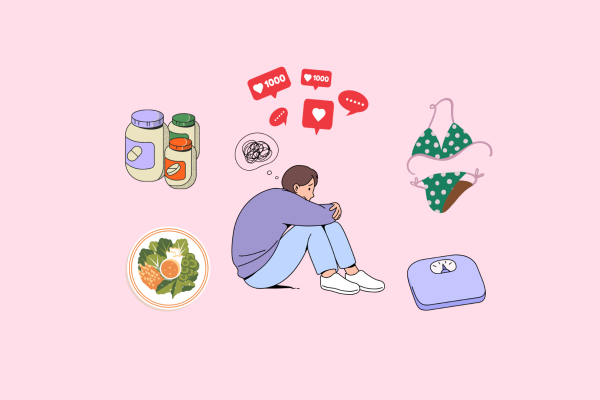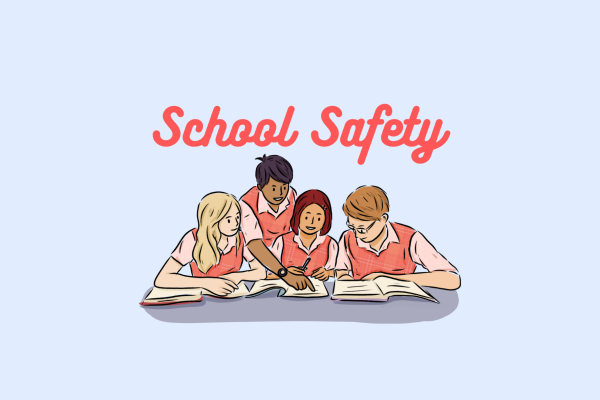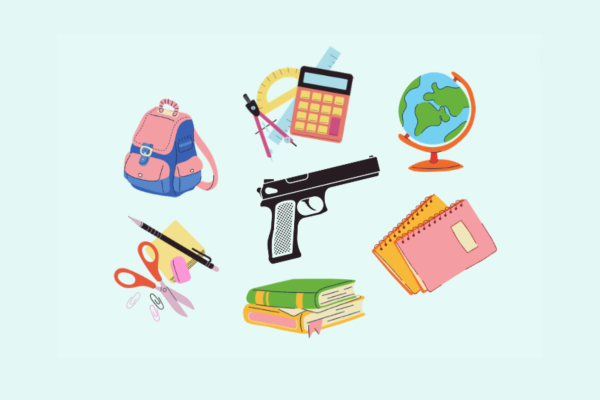Break the Silence, End the Violence: February is Teen Dating Violence Awareness and Prevention Month
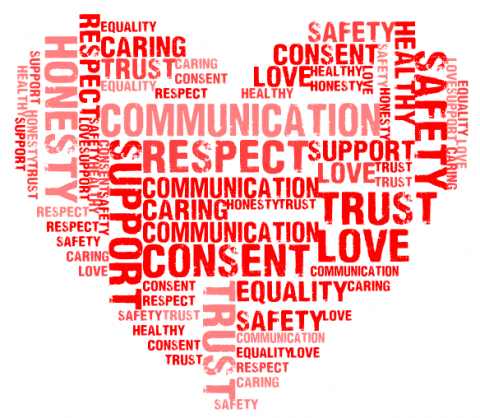
The month of February is typically awash in hearts, chocolates, cards, and hues of vivid pinks and reds. For some people, the signs of Valentine’s Day are welcome; they can expect a treasure trove of candies and affectionate notes from their partners. For the victims of dating violence, however, this holiday celebrating love and romance takes on a darker tone.
This February marks the sixth annual Teen Dating Violence Awareness and Prevention Month, a month dedicated towards raising awareness of the signs of unhealthy relationships and prevent dating violence. Dating violence is defined by The National Center for Victims of Crime as “controlling, abusive, and aggressive behavior in a romantic relationship. It can happen in straight or LGBT+ relationships. It can include verbal, emotional, physical, or sexual abuse, or a combination [of the aforementioned types of abuse].” While teen dating violence may seem like the stuff of CW and MTV shows, this is the reality of teen dating violence: 21% of high school girls and 10% of high school boys have been physically or sexually assaulted by dating partners, according to a study by the Center for Disease Control (CDC), and 12 million people experience intimate partner violence every year in the United States. Due to the culture of silence and fear surrounding dating and domestic violence, many believe that the amount of people that have experienced abusive relationships are higher than the results of the survey.
“The victims are afraid that if they report it, it might get worse,” Associate Principal Kim Hodge said.
Nurse Rita Chavez-Riley has been working at Westwood for six years, and is responsible for the first aid care of students. While the majority of the students she receives have stomach aches, cuts, headaches, or anxiety, she has also treated students for injuries resulting from fights.
“In the years I’ve been here, I’ve been on the receiving end of students that have been in a fight. I’m getting them after any injuries have occurred,” Ms. Chavez-Riley said. “Often, if they’re punching someone, [they’ll have] a broken hand, or it can be a tooth in their hands. I have had kids that have been bit in the head, different things like that. I haven’t had anything that I would call 911 for, and other nurses have certainly had to do so. Nothing has happened here that has been fatal. A lot of things that are violent don’t happen here; they happen after school, but there is an obvious sign that [students] have been hurt.”
Round Rock ISD’s (RRISD) Secondary Student-Parent Handbook of 2015-2016 states that prohibited conduct “includes discrimination, harassment, dating violence, and retaliation.” If you wish to report an abusive partner or suspect the abuse of a friend or classmate, contact your alpha office counselor, a resource officer, an assistant principal, or a nurse.
“If we get a report on abuse of any sort, we do follow up,” Supervisor of Westwood’s Resource Officers Sergeant Sharif Mezayek said. “We will talk to the student and try to figure out what’s going on.”

Hi, I’m Mackenzie Farkus, Editor-in-Chief 2014-2016. I’m a lifelong bookworm, I love to travel, and I collect vinyl and comics. I’ve lived in Seattle,...

